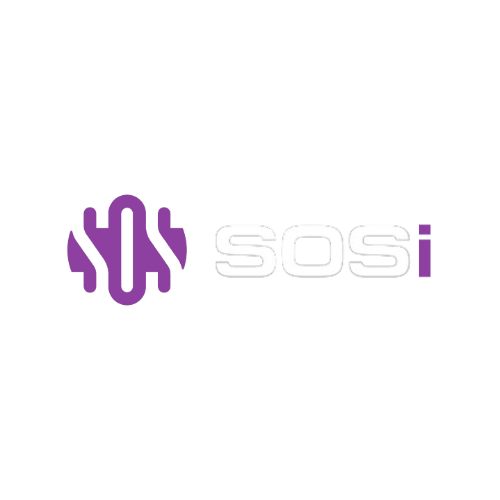I am deeply disappointed with the number of inaccuracies cited in the Department of Defense (DoD), Office of the Inspector General’s (OIG) review of our operations and management (O&M) contract at Camp Taji, Iraq.
SOSi has managed daily O&M of Camp Taji’s 1.9 million square feet of facility space, as well as the DoD’s fleet of tactical and non-tactical vehicles, since 2013. Our proficient team provides comprehensive base security and life support services to the U.S. military, NATO, and Iraqi National Forces. We have also hosted members of DoD agencies and Foreign Military Sales Contractors while providing food services, billeting, waste/wastewater removal, fire/emergency, medical, and laundry services. To achieve these objectives, we have developed and managed a sophisticated, reliable, and efficient supply chain to obtain and distribute all necessary supplies.
We have performed all the above-listed services in strict compliance with our contract with the U.S. Army, and in accordance with all applicable U.S. and Iraqi laws and regulations. So, it is with great frustration that I must draw attention to several inaccuracies that have mischaracterized SOSi’s support for the DoD and its mission.
1. Waste Handling
SOSi’s contract with the U.S. Army requires it to dispose of solid waste under the Government of Iraq’s (GoI) regulations. It should be noted that the SOSi-run facilities are an enclave within a larger Iraqi military base complex. The GOI dictates that we use an approved landfill approximately four kilometers from the SOSi enclave in an area controlled by the Iraqi Army. This landfill had previously been used by both U.S. forces and the Iraqi Army prior to SOSi assuming responsibility for the enclave at Taji. Once waste is deposited at the landfill, SOSi has no control over its final disposition. The Iraqi Army burns the trash at the site after it is deposited there. Additionally, the OIG report may have confused waste burnt by the Iraqi Army units near the SOSi-run enclave with waste burnt by Iraqi Army units at the GoI approved landfill used by SOSi, per U.S. and Iraqi government directives.
2. Occupancy Rates
SOSi did not overcharge the U.S. Army for rooms. SOSi charges for the actual number of rooms secured by the U.S. Army. Our billing procedures were reviewed and approved by the U.S. Army, and occupancy rates are reviewed and approved daily and reconciled for accuracy twice per month by the U.S. Army in partnership with SOSi.
3. Food Variance
SOSi did not overcharge the U.S. Army for food. Our billing rates were based on an estimate of food costs, which were reconciled based on actual incurred costs when our contract was definitized at the end of the contract year. Furthermore, our actual incurred costs were verified through U.S. Army and Defense Contract Audit Agency (DCAA) audits. It should be noted that SOSi was contracted to provide extensive supplemental items, such as power bars, non-alcoholic beer, energy drinks, and other food items considered “non-standard” at other U.S. Military facilities. The OIG report did not account for the cost of these supplemental items or the shipping, tax, customs, and logistics fees associated with these and other basic meal items. Nor did it appear to account for the cost of the approximately 2,000 meals-per-day consumed by SOSi’s employees and subcontractors.
The building, management, and sustainment of such an enormous base in an austere and dangerous environment halfway around the world is a significant challenge. We pride ourselves on the work we perform at Camp Taji, and for all our DoD customers around the world. We are a trusted mission partner for the U.S. government and will continue to deliver superior products and services following the highest ethical standards in our industry.

